
UE composers from Argentina
UE composers from Argentina
We are delighted to present our Argentinian composers to you. Take a look and get inspired by their music.
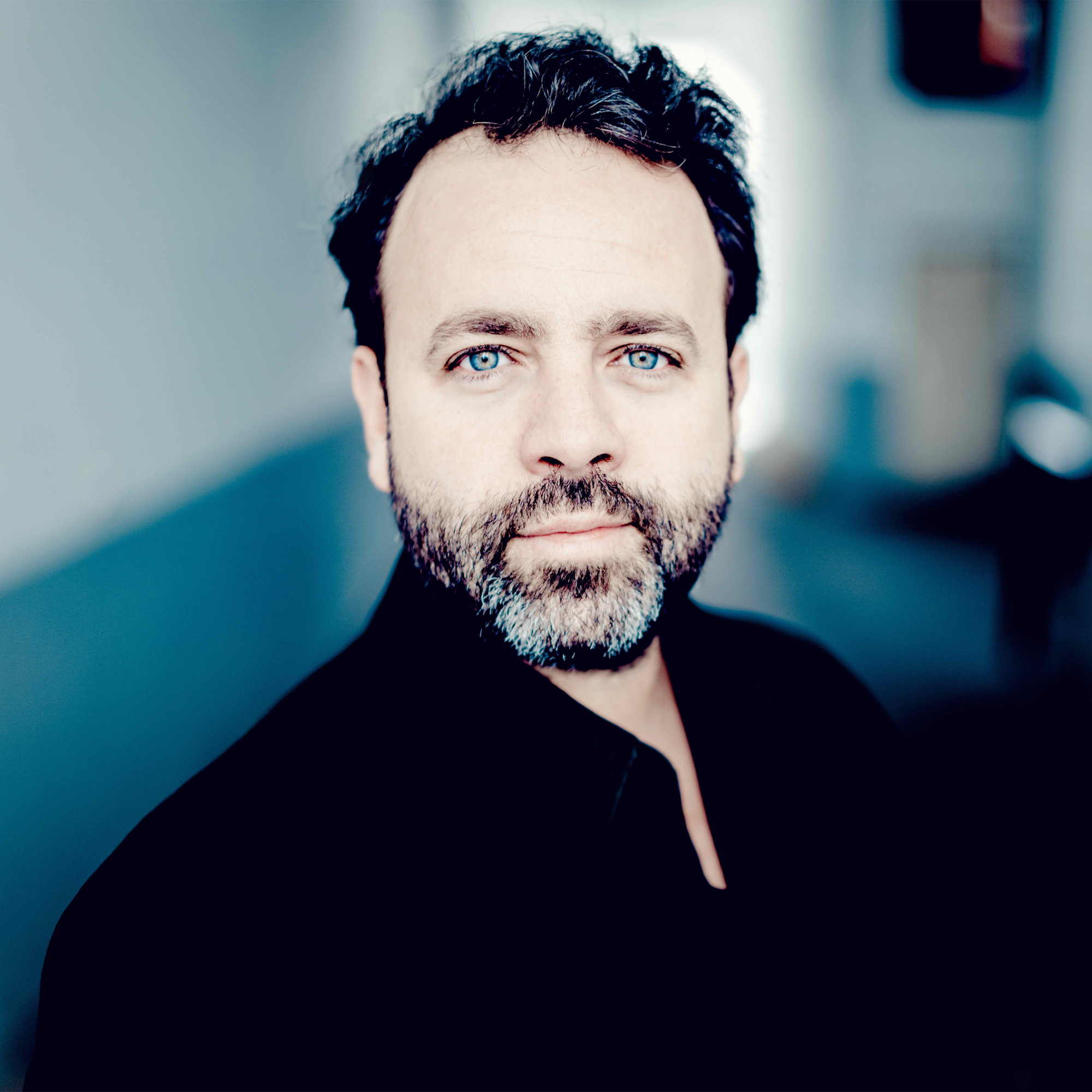
Diego Marcelo Collatti
*1 September 1976
Diego Marcelo Collatti, composer and pianist, was born in 1976 in Argentina. He studied composition at the Universidad Nacional de Rosario, as well as in Buenos Aires (Argentina) and later at the University of Music and Performing Arts in Vienna. He has had numerous commissions for renowned festivals and ensembles, including the Vienna Festival and the Festival of Grafenegg. Diego is an experienced piano teacher and holds regular composition workshops with children and young people. His compositions and arrangements frequently appear on CDs and radio broadcasts and he regularly gives concerts at home and abroad, performing with various ensembles. He has many works published by Universal Edition.
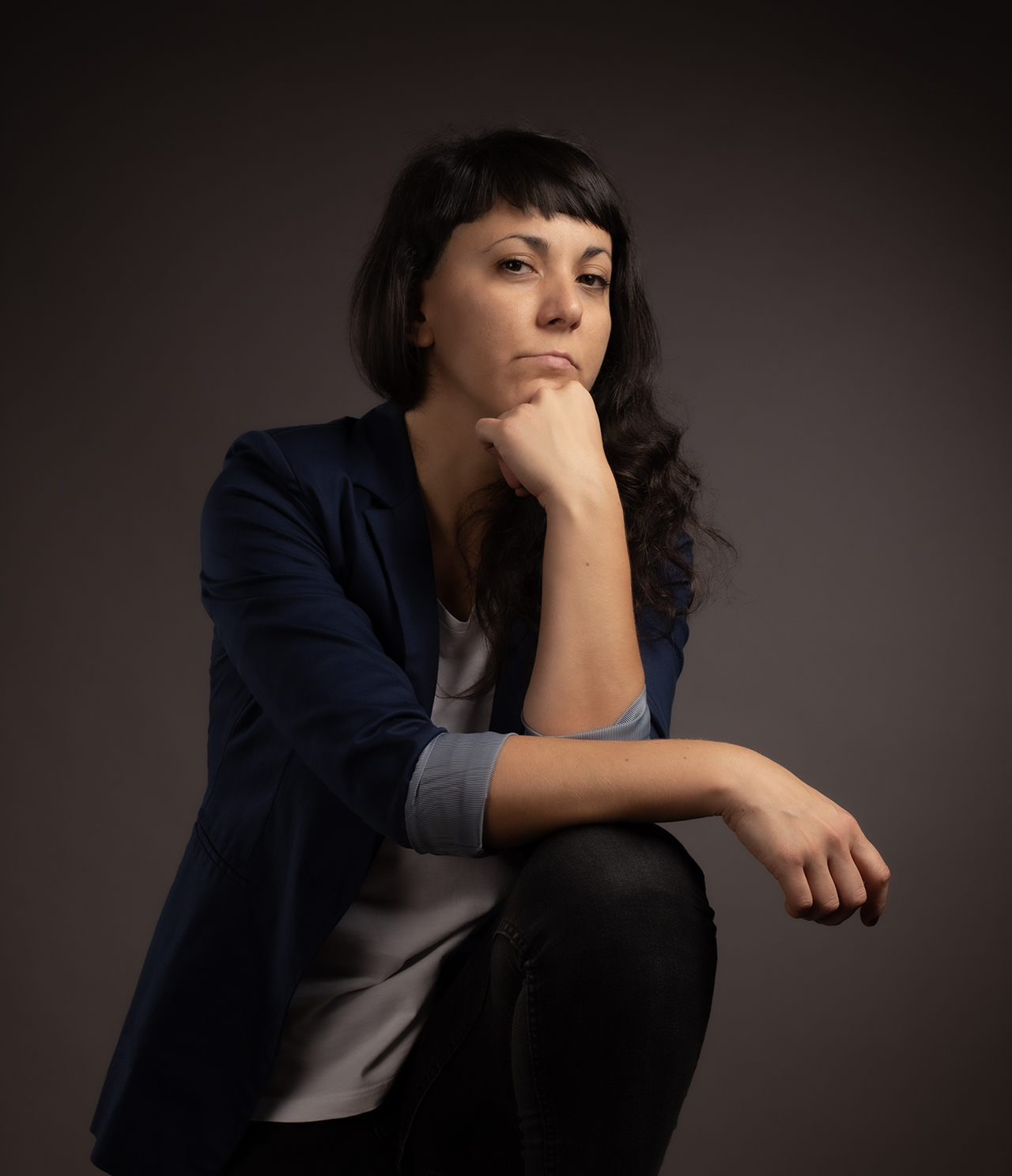
Giuliana Di Pietro
*20 August 1990
Di Pietro was born in Argentina in 1990. She started studying piano at 14 years old. She graduated in Composition at the Universidad Nacional de las Artes in Buenos Aires. Her principal teachers were Guillermo Zalcman, Roque de Pedro, Eduardo Checchi and Diego Gardiner. She wrote music for soloist instruments and chamber music for different ensembles. Her catalog includes more than 20 works and it was played in Agremiación Médica Platense (Argentina), “Auditorio “García Morillo” (Argentina), “Teatro Machado” (Argentina), “Recinto Modernista de Sant Pau” (Barcelona), “SGAE Auditori” (Barcelona), “Teatro Xirgu” (Argentina), “Legislatura Porteña” (Argentina) and “Sechsschimmelgalerie” (Vienna). She is part of the Asociación Argentina de Compositores and Associació Catalana de Compositors.
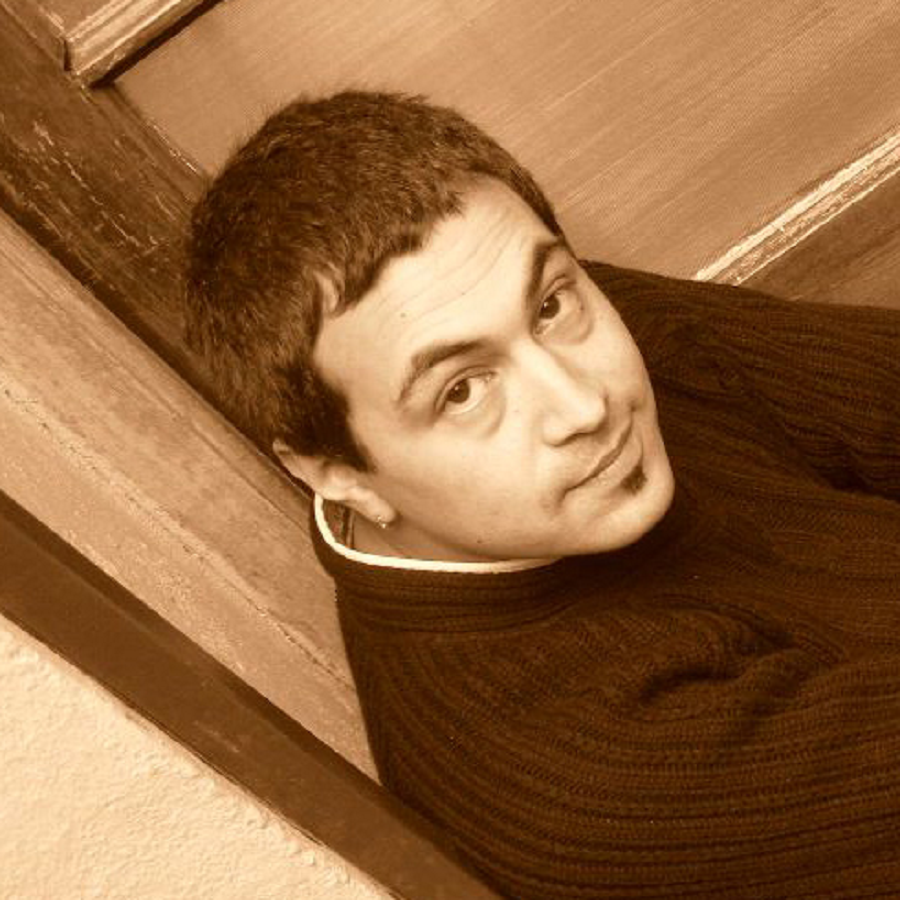
Luis Menacho
*1 January 1973
(La Plata, Argentina 1973 -) Composer, pianist, musical director and researcher. He studied piano with Haydée Schvartz. He teaches Harmony, counterpoint and musical morphology and the Degree in Composition at the Faculty of Arts of the National University of La Plata (FDA, UNLP). He completed postgraduate studies with Gerardo Gandini on a scholarship from Editorial Melos and the Diploma in Composition for the stage at the Universidad Nacional de San Martín (UNSAM). He has attended seminars and masterclasses with Coriún Aharonián, Margarita Fernández, Ricardo Piglia, Dieter Schnebel, Dimitri Vassilakis, John Constable, Reinhardt Febel and Bernhardt Wulff, among others. He attended courses in Medieval and Contemporary Philosophy by Narciso Pousa at the Faculty of Humanities of the UNLP and Semiotics by Juan A. Magariños de Morentin at the Faculty of Social Communication of the UNLP. Studies at the Centro de Estudios de Música Antigua (CEMAn) of the Universidad Católica de Buenos Aires (UCA). Doctor in Arts from the UNLP directed by Mariano Etkin with the thesis Bajo un azul dilatado. Essay for a South American musical aesthetics.
He has composed works for different vocal and instrumental formations, electronics, video art, opera and dance that have been performed in various venues in Argentina as well as in festivals and concerts in Europe, USA and China by prominent performers such as the Sinopia quartett, Beth Griffith, Thelema Trio, Haydée Schvartz, Ensamble Tropi, La Compañia oblicua, Sigma duo, among others, Haydée Schvartz, Ensamble Tropi, La Compañia oblicua, the duo Sigma, among others, at the Centro de experimentación del Teatro Colón (CETC), the Teatro Argentino and the TACEC, the Ciclo de música contemporánea del Teatro Cervantes, the Centro Cultural Kirchner and abroad at the Edinburgh Festival 2004, Scotland; Logos Foundation Festival, Gent, Belgium; New music from Argentina and England in aid to the Medical Foundation for the Care of Victims of Torture, London, England; Ensemble Miniature and Ensemble Thing NY, Brooklyn, New York, Sinopia quarttett, New York, USA; Festival GERMI, Rome, Italy; Le citè universitaire, Paris, France, the Nordic saxophone festival in Aarus, Denmark and the Vox Novus 60x60 project in New York, Alabama, St. Louis, Los Angeles, USA; Bucaret, New York, USA; Bucaret, New York, USA. The Vox Novus 60x60 project in New York, Alabama, St. Louis, Los Angeles, USA; Bucharest, Romania and Essl, Germany among others.
He directed Luigi Nono's piece ¿Dónde estás hermano? Per los desaparecidos de Argentina on the occasion of the commemoration of the 30th anniversary of the civil-military coup d'état (Argentina 1976-1983) in the days of Identity, commitment and memory in Florencio Varela in 2006.
He has worked at the Centro de experimentación del Teatro Colón (CETC) with his micro-opera Casi la soledad, variations on a poem by Emily Dickinson, staged by Oscar Aráiz and costumes by Renata Schussheim in 2012.
Among his intermedial pieces, Track 38 from 2016, a sound art piece with the voice of the philosopher Jean Luc Nancy in the reading of number 38 of his 58 Indices on the body, stands out. In 2019 he composed a sound sculpture for the installation Cartographies of the Invisible by chef Mauro Colagreco and produced by Laura Colagreco for the exhibition Cookbook La Panacée at the Montpellier contemporain between February and May 2019 under the co-curation of Andrea Pietrini and Nicolas Bourriaud. Also the video art piece Cab (2020) with the train journey between Mälmo and Copenhagen filmed from the cab by conductor Jan Kivisaar. The project 59'[DOC] a study on time and simultaneity from a collective environment and realised during August 2022 where almost 100 people participated by sending small videos filmed with their smartphones during that period at a preset time to be exhibited on Instagram together with a set of texts, the Intermittent Reflections.
Commissioned by the Centro de experimentación y creación del Teatro Argentino (TACEC), he composed the opera El viento que arrasa based on the novel of the same name by Argentinian writer Selva Almada with régie by Beatriz Catani in 2016.
In 2022, together with Duo Amoeba, videomaker Jaume Dabra, scenography and lighting by Hernán Arrese Igor and sound engineer Lukas Nowok, he composed De humani corporis based on the first modern anatomy book, written in the Renaissance by the Belgian physician Andrea Vesalius.This work was premiered in Argentina in the travelling festival Micro [forum] with the support of the Goethe Institut.
In 2022 he composed and directed the work Antelia. A treatise on light and resonance. Conceived together with the pianist Malena Levin on texts by Ovid, Marin Mersenne, René Descartes, J.P. Rameau and Junichiro Tanizaki with visual design by Hernán Arrese Igor and costumes by Gonzalo Giacchino. The video version was created by Marcos Litrica. This work has received grants for artistic creation from the Fondo Nacional de las artes and Ibermúsicas.
He founded and directed the group Klang ensamble, which developed actively between 2005 and 2015 with numerous concerts and recording several sound and audiovisual recordings with works by new music composers. In 2006 he created the platform Alla [breve], a contemporary music collective, co-curator of the Nuevos Jardines en el Servente -NuJaS- Jornadas de musicas actuales at the Conservatorio Gilardo Gilardi in La Plata.
He was professor of Theory and Aesthetics of Contemporary Art at the Centre for Advanced Studies in Contemporary Music (CEAMC) in Buenos Aires and at Conservatories and Art Schools in the Province of Buenos Aires.
He is a member of the Instituto de Historia del arte argentino y americano (IHAAA) at the UNLP where he participated in the project Artistic modernity and decolonial turn directed by Mg María de los Ángeles de Rueda between 2018 and 2022. She is currently directing a research project belonging to the Biannual Art Research Programme (PIBA) focused on the intersection between Art and Psychoanalysis and focused on the current experimental composition under the prism of Jacques Lacan's theory. In addition, he participates in the project Construction of liminal narratives: visual narratives, relocations, poetic expansions and simulacra of poetic territories directed by Dr. Gustavo Rádice.
He is a categorised and research professor of Composition II at the Faculty of Arts of the UNLP. He founded and directs the platform MICRO [forum] with which he organised in 2022 the itinerant Festival Micro [forum] and in 2023 the First Conference on Musical Aesthetics at the FDA, UNLP. He has been a visiting researcher at the Arnold Schoenberg Zentrum in Vienna, Austria, participates in congresses, conferences and meetings on art and lectures at various musical institutions in Argentina, and abroad at the University of Valparaíso, Chile, the University of Gothenburg in Sweden, and the Institute for Musical Research in Berlin, Germany, among others. His writings appear in specialised publications.
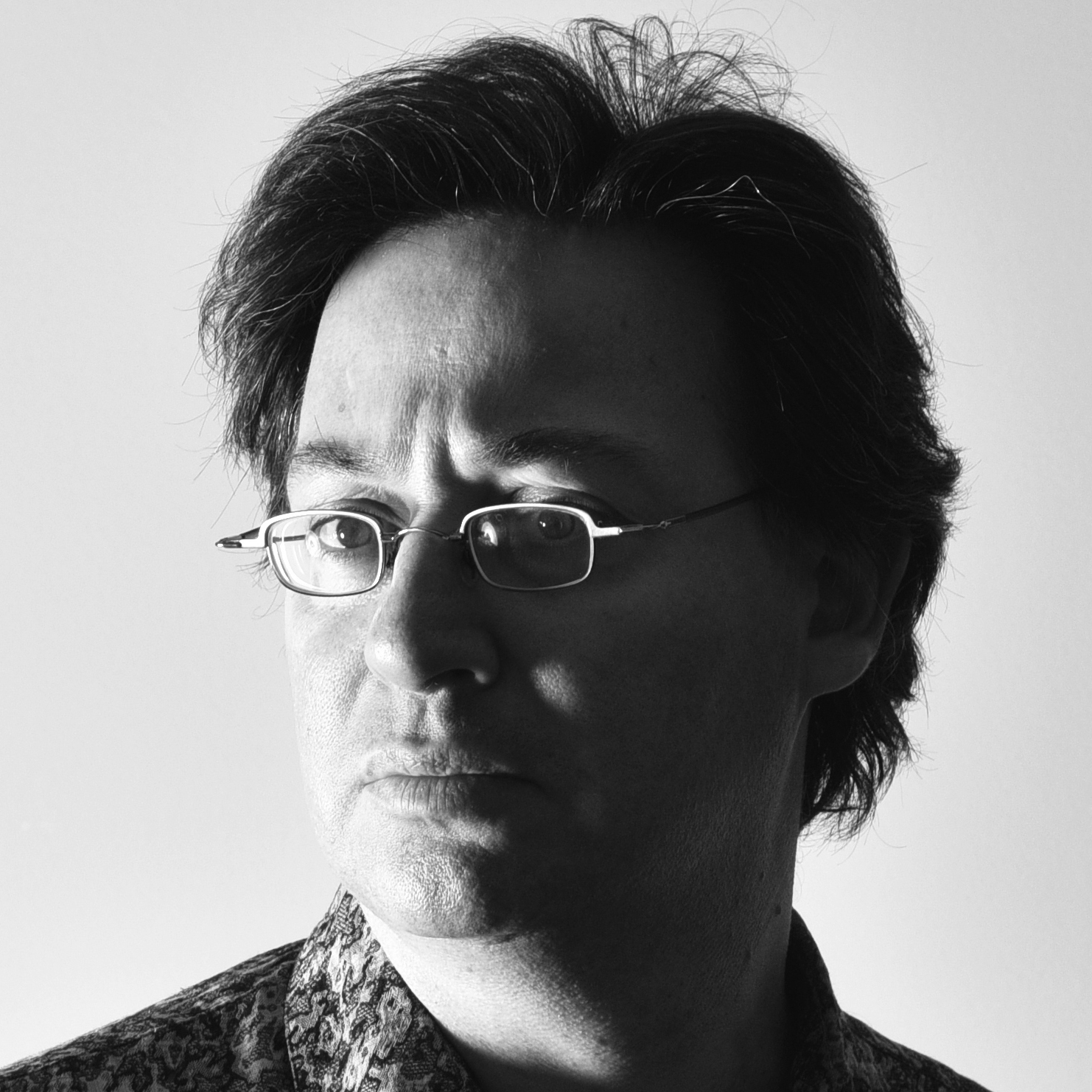
Oscar Strasnoy
*12 November 1970
Born November 12, 1970 in Buenos Aires is a French-Argentine composer, conductor and pianist. He studied composition, conducting and piano with (a.o.) Gérard Grisey at the Conservatoire de Paris and Hans Zender at the Hochschule für Musik Frankfurt am Main. He wrote a dozen stage works, from pocket-operas to full orchestra operas, also orchestral works, concerti, chamber music, two secular cantatas and several song cycles. His works are regularly played in theaters and festivals such as Berlin Staatsoper, Hamburg Staatsoper, Oper Zürich, Festival d’Aix-en-Provence, Paris Opéra Comique, Bordeaux Opera, Berliner Philharmonie, Hamburg Elbphilharmonie, Mozarteum Salzburg, Buenos Aires Teatro Colón, Rome Opera, Spoleto Opera. In 2012, he was the portrayed composer of the Radio France Festival Présences, a retrospective of his works in fourteen concerts at the Théâtre du Châtelet.
Luciano Berio awarded him the 2000 Orpheus Prize for his chamber opera Midea produced at the Teatro Caio Melisso in Spoleto in 2000 and at the Rome Opera in 2001. In 2007 he received a John Simon Guggenheim Memorial Foundation Fellowship for Music Composition. He is the recipient of several prices like the Prix de la Musique Symphonique de la SACEM or the Prix George Enesco. He was a composer in residence at the Schloß Solitude in Stuttgart, Germany (invited by Hans Zender), at Herrenhaus-Edenkoben (invited by Peter Eötvös) and at the Villa Kujoyama in Kyoto, Japan.
He conducted the Orchestre Philharmonique de Radio France, Orch. National d'Ile-de-France, the Bordeaux Opera, Ensemble Resonanz of Hamburg, Akademie für Alte Music Berlin and other ensembles. He was the Music Director of the Orchestre du Crous de Paris (1996–1998).
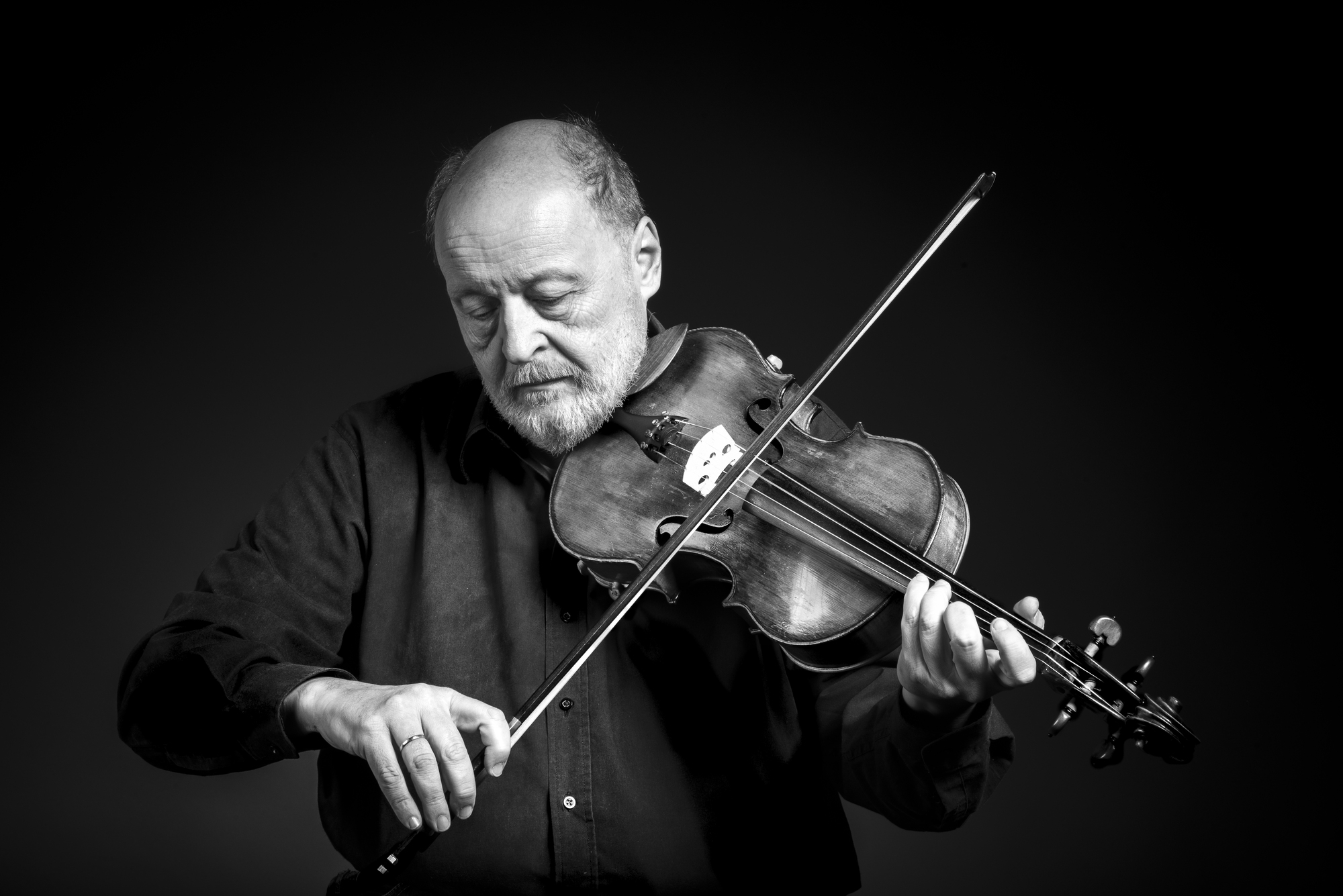
Sergio Parotti
*12 October 1956
Nació en Buenos Aires, donde reside actualmente. Estudió en los Conservatorios Provinciales Juan José Castro y Manuel De Falla Municipal de la Ciudad de Buenos Aires. Estudió Composición con Enrique Cipolla (12.26.1929-01.30.1994), Viola con Marcela Magin; Violín con Eduardo Acedo, Osvaldo D'Amore y Norberto García; Piano y trompa. Éditions Billaudot, París, Periferia Music, Barcelona y Ediciones Da Vinci, Osaka, publican mi trabajo. Desde 1995 miembro de la Asociación Argentina de Compositores, ex – Sociedad Nacional de la Música, fundada en 1915. Además de compositor, es miembro del Coro Polifónico Nacional de Ciegos "Carlos Roberto Larrimbe", coordinando la transcripción de la música impresa al sistema de música Braille y violista, miembro de la Orquesta de Cámara del Municipio de Lanús. Tiene hasta la fecha 473 obras compuestas.
